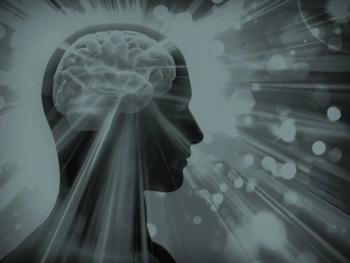
What will the approval of a transdermal patch mean to patients with schizophrenia as well as psychiatrists looking for innovations in mental health care?
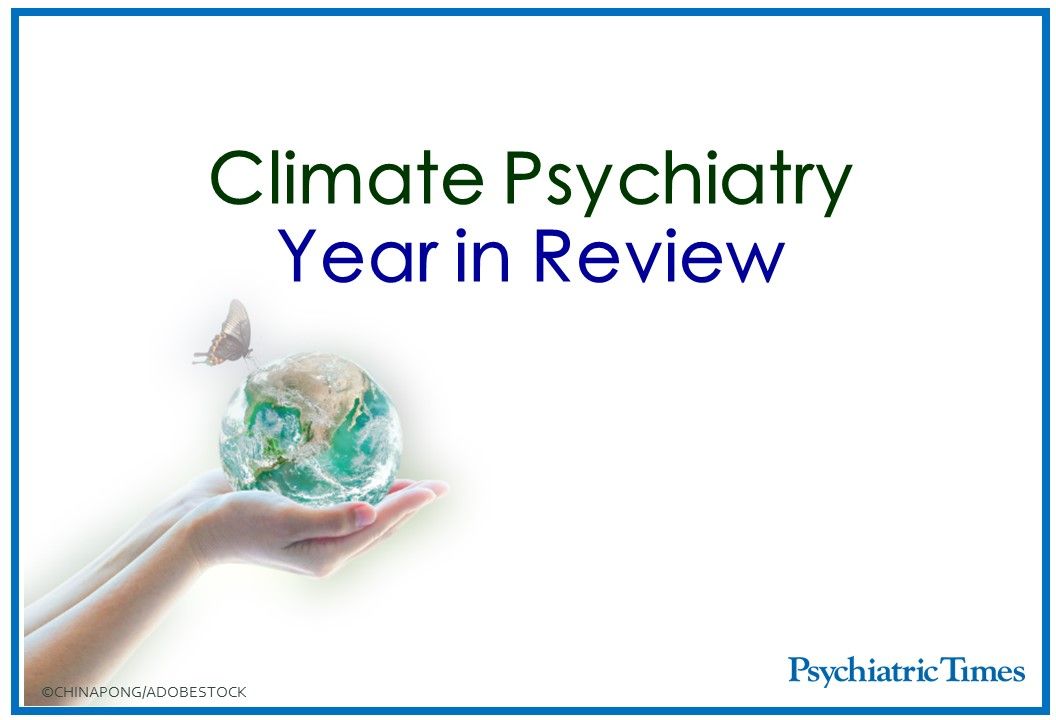

What will the approval of a transdermal patch mean to patients with schizophrenia as well as psychiatrists looking for innovations in mental health care?


Which treatments have proven to be efficacious in meta-analyses as augmentation of clozapine in reducing positive symptoms of schizophrenia? The answer might surprise you.
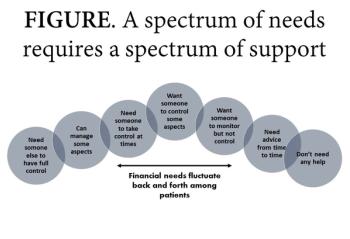
Recommendations for patients with serious mental illness to manage their finances safely and conveniently, with as much dignity, privacy, and autonomy as possible.
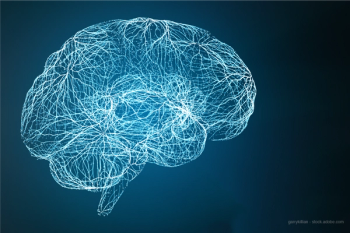
Memory impairments have been shown to compromise quality of life in patients with schizophrenia. Findings from a recent study show that insulin resistance may be an underlying cause of memory loss in this population.

Verbal de-escalation involves validating a patient’s experience, establishing a collaborative relationship, and finding solutions to ensure the patient’s needs are met. More in this quiz.

As research continues to point to a connection between the immune system and schizophrenia, a study of innate immunity in patients with first episode psychosis and schizophrenia provides further insights into the potential mechanisms of this link.

TMS for TRS? Researchers analyzed data to identify all randomized-controlled trials of rTMS versus sham treatment in patients with hard-to-treat forms of schizophrenia. Here’s what they found.

Negative symptoms, subsyndromal depressive symptoms, and functional impairment often persist in patients with first-episode schizophrenia.
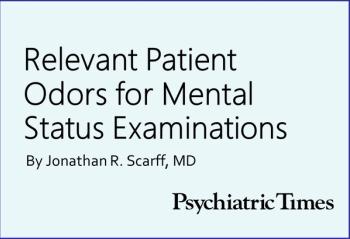
Utilizing our senses-sight, hearing, AND smell-during the patient interview can provide a comprehensive exam and assist in assessment and treatment.

Protein insolubility has been found to occur in a subset of patients with schizophrenia.

This new FDA order now allows patients who need and want ECT, as well as practitioners who perform it, to breathe a sigh of relief.

Current trials are investigating adjunctive monoclonal antibody immunotherapy in schizophrenia. Take the quiz and learn more.

Promising results from a phase 2 trial of olanzapine plus samidorphan in patients with schizophrenia.

Changes in social behavior on a mobile device may indicate relapse risk that could be assessed in the clinical setting.
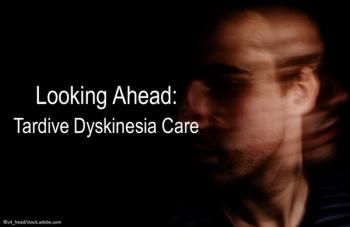
Recent studies and reviews report great progress in bringing TD under control.
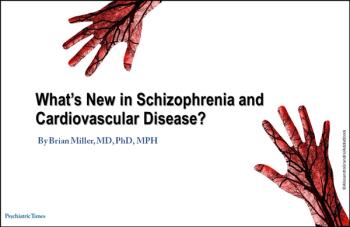
5 questions to test your skills, based on recent findings in the literature.
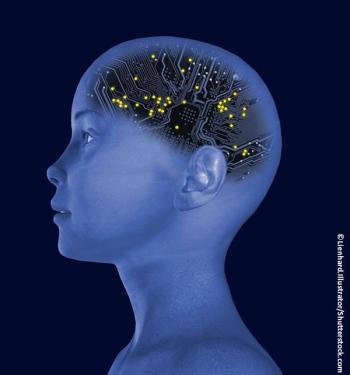
Although psychotic illnesses are fortunately rare in children, contrary to common belief, psychotic symptoms can be fairly common in very young healthy children.

Cannabis continues to be the most commonly used illicit drug in the US, and the potential beneficial effects of CBD on cognition in patients with schizophrenia have critical importance.


With the prevalence of schizophrenia in older adults set to double and reach 1.1 million people in the US by 2025, greater attention to research and policy regarding this population is needed.
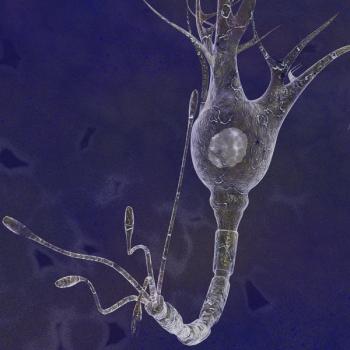

In this quiz, learn which medical disorders patients with schizophrenia and comorbid TD are likely to contend with.

New research considers the effects of folic acid, vitamin B6, and vitamin B12 supplementation on symptom and neurocognitive outcomes in patients with FEP.

Tardive syndromes include a broad spectrum of abnormal movements. Which movement disorders can resemble tardive dyskinesia? Find out in the quiz.